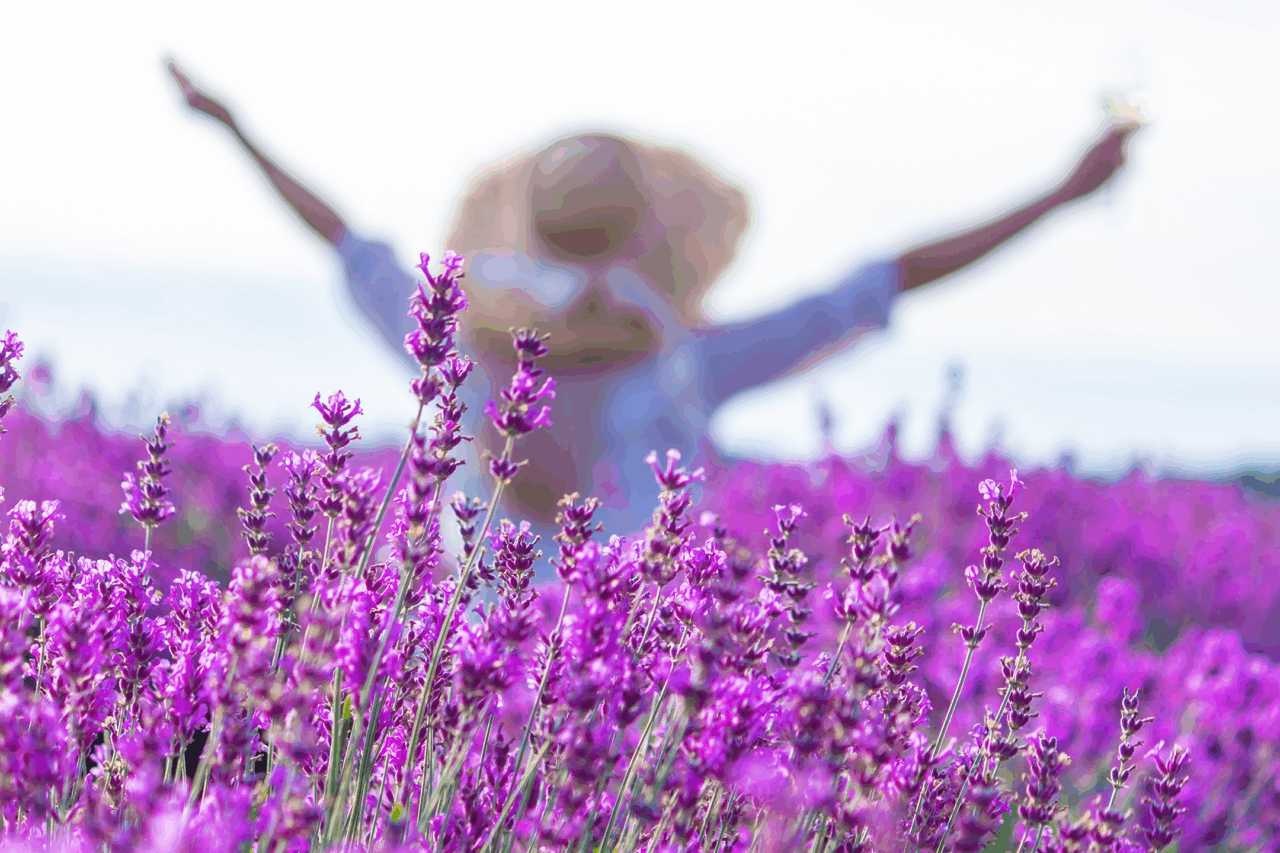 BY Samuel Mathis MD, MBA
BY Samuel Mathis MD, MBA
One of my favorite scents is lavender. It is a perfect fragrance of floral notes with a mix of herbal and woody scents combined. Smelling it always puts me at ease. While lavender is typically touted for its scent and used in soaps, candles, lotions, and diffusers, it actually has some wonderful health benefits as well. A colleague recently sent me an article about the effects of lavender on anxiety that sent me on a deeper dive to the various health benefits of Lavender. These benefits include affecting sleep, anxiety, pain, and possibly even cardiovascular health. Lavender may be a great addition to our general recommendations for some specific patient complaints.
In 2019, Italian researchers performed a study examining how lavender affects stress and anxiety in over 9,000 patients. This systematic review analyzed 90 different randomized (67 trials) and non-randomized controlled (25 trials) studies utilizing lavender for anxiety (1). These studies found that smelling lavender can lower individuals’ levels of anxiety. The study looked at various anxiety scoring techniques and found that lavender consistently lowered anxiety levels with all validated scales. Additionally, ingesting a lavender supplement or massage with lavender oil also lowered levels of anxiety when used consistently for at least 6 weeks. The most common type of lavender used for this study was English lavender or SilexanTM 80mg (1). Out of the 90 studies, only 37 RCTs (n=3964) were utilized for the quantitative analysis due to poor study design or inability to evaluate the effectiveness of the intervention. However, the authors noted that many of the studies not utilized in the quantitative analysis did show a significant positive result in lavender use on anxiety.
Another benefit of lavender is its effect on sleep. A systematic review of 20 RCTs showed positive intervention of lavender with sleep (2). One of the studies that I found uniquely interesting examined 79 college students with sleep issues. It found that using lavender with sleep hygiene training improved patients’ quality of sleep compared to sleep hygiene alone. The lavender group used a patch with lavender oil for 5 nights and then stopped. The lavender group was able to fall asleep faster, had fewer nighttime awakenings, and felt more refreshed in the morning compared to the non-lavender group for up to 2 weeks following the intervention (3). This raises the possibility that intermittent use of lavender may have prolonged effects on sleep. Of note, some small studies have found that lavender may help lower blood pressure in some people, though there is not strong evidence for that at this time. This may be due to the effect lavender has on sleep which is a known contributor to cardiovascular disease and blood pressure.
Lavender has also been shown to help reduce pain symptoms. One 2021 study found that patients who smell lavender before a procedure had reduced levels of anxiety surrounding the procedure and post-procedure pain compared to those not using lavender (4). Unfortunately, the effect was not statistically significant, but the potential for lavender to be utilized in conjunction with conventional therapies is a prime area for further study. The authors were unclear of the mechanism, but lavender could be a great addition to anxiety medications for simple interventions and procedures for many patients.
Now, a word of caution when recommending lavender. Lavender occasionally causes skin irritation and straight lavender oil should be diluted before diffusing it or applying it to the skin. There is some concern that lavender may have hormone-like effects that lead to breast growth in prepubescent males, so it should be used with caution in children. Oral ingestion of lavender may also cause constipation and headache, so I recommend patients only ingest food grade lavender if taken orally. When used correctly, lavender may be a great option to help with anxiety, sleep, and possibly pain symptoms.
References:
- Donelli D, Antonelli M, Bellinazzai C, Gensini GF, Firenzuoli F. Effects of lavender on anxiety: A systematic review and meta-analysis. Phytomedicine. 2019 Dec;65:153099. doi: 10.1016/j.phymed.2019.153099. Epub 2019 Sep 26. PMID: 31655395.
- Chen TY, Hiyama A, Muramatsu M, Hinotsu A. The Effect of Lavender on Sleep Quality in Individuals Without Insomnia: A Systematic Review. Holist Nurs Pract. 2022 Jul-Aug 01;36(4):223-231. doi: 10.1097/HNP.0000000000000528. PMID: 35708558.
- Lillehei AS, Halcón LL, Savik K, Reis R. Effect of Inhaled Lavender and Sleep Hygiene on Self-Reported Sleep Issues: A Randomized Controlled Trial. J Altern Complement Med. 2015 Jul;21(7):430-8. doi: 10.1089/acm.2014.0327. Epub 2015 Jun 2. PMID: 26133206; PMCID: PMC4505755.
- Grabnar M, Roach MJ, Abd-Elsayed A, Kim C. Impact of Lavender on Pain and Anxiety Levels Associated With Spine Procedures. Ochsner J. 2021 Winter;21(4):358-363. doi: 10.31486/toj.21.0013. PMID: 34984050; PMCID: PMC8675619.


